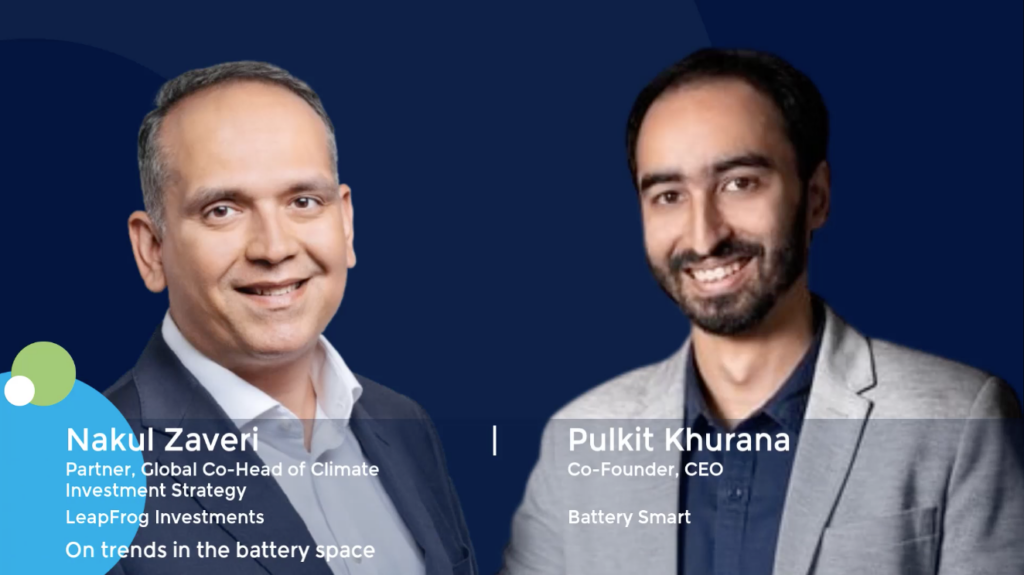Investors bet on energy efficient building in fractious ESG environment
As extreme weather conditions wreak havoc, fuelling growing climate change fears, certain markets are in the hot seat. The building sector, accounting for an estimated 39% of global CO2 emissions, is one of them.
Building energy efficiency providers are fast gaining traction as environmental, social and governance (ESG) values increasingly impact dealmaking decisions, despite a lack of clarity around ESG data gathering and reporting.
British engineering giant Smiths Group’s [LON:SMIN] USD 82m acquisition of US heating, ventilation and air conditioning and cooling (HVAC) manufacturer Heating and Cooling Products reflects growing investor appetite in the space.
“The drive towards energy efficient buildings is on top of the agenda across all stakeholders within the political and regulatory landscape, which will, of course, benefit the players within this space,” said Nina Hoffmann von Holten, investment director at Swedish firm Trill Impact Advisory.
Low-carbon investments are an attractive value-add proposition for fund managers eager to de-risk their portfolios, according to Gregory Borel, managing director at UK-based ESG advisory firm Ampersand Partners.
“Large asset managers and real estate funds are among those heavily investing in the space as it has a tangible, and quantifiable, impact on their portfolios, offering significant retrofit and CAPEX reductions,” he said.
From HVAC providers to sustainable building materials suppliers and district heating operators, the sector is thriving – and a packed pipeline of potential deals suggests sector M&A is set to surge.
Among sponsor-backed European industrial companies focused on energy efficiency, Spain’s Aisamientos Suaval, which manufactures thermal insulation facilities, ranks eighth on Mergermarket’s Likely to Exit (LTE) predictive algorithm, with an LTE score of 61. Debt fund Oquendo Capital is in negotiations to acquire a majority stake in Suaval.
Other European players to watch include Nordomatic, a Swedish buildings automation control systems operator. Following its acquisition by Trill Impact last year, the company has engaged in significant buy-and-build, most recently acquiring UK building automation services supplier Pillinger Controls. Meanwhile, Finnish green building certification provider Raksystems, another Trill asset, is also in acquisition mode.
De-mystifying ESG data
The energy efficiency market will be further boosted by increasingly sophisticated data tools – part of a fast-growing sector dedicated to ESG reporting – enabling businesses to evidence their zero-carbon efforts.
“Investors want to see reliable, tangible and measurable impact outcomes that the companies are making … Trill Impact believes that the commercial opportunities created by these metrics and data are very attractive in this regard,” Hoffmann von Holten said.
Complex ESG modelling tools can show how climate change may affect a target company, from potential damage to physical assets to supply chain interruption impacts on revenue or productivity, according to Luise O’Gorman, head of ESG Transaction Advisory Services at professional services firm AON [NYSE:AON].
But for now, ESG reporting remains divisive, with many still hazy on definitions and lacking fixed reporting guidelines. A study from Deloitte estimates that while 70% of businesses consider ESG of high strategic importance in M&A, 39% lack clearly defined metrics for evaluating it.
Global credit rating agency Standard and Poor’s recent decision to drop its points-based ESG scoring system in favour of a written recommendation for businesses’ ethical credentials underscored concerns, with reports attributing the move to investor confusion.
Blackrock’s [NYSE:BLK] CEO Larry Fink – one of the original champions of ESG – has even vowed to stop using the term altogether, claiming it has become “weaponised” as part of an ongoing culture war, per media reports.
“Clients often find data gathering challenging, largely because various elements of ESG sit in different divisions and there’s a lack of standardisation across the board. It’s crucial to ensure data is relevant and you’re asking the right questions,” according to O’Gorman.
A decentralised greenhouse-gas reporting model that can be easily produced will improve data quality, Borel said. “There are a host of different ESG frameworks; great for box-ticking but they mean nothing in terms of driving Net Zero behaviour. A decentralised reporting model that can be easily produced without having to go through cumbersome – and costly – audit processes, is essential.”
For Borel, the solution can’t come soon enough: “ESG is finding its feet in terms of driving actual impact, but when it comes to being Net Zero ready, we are past the tipping point. It takes at least two years to go from making a commitment to executing a carbon zero pathway – very few sectors are ready for this."
ESG reporting will one day become as standardised as financial reporting, and though progress is being made, there’s still a long road ahead, said O’Gorman.
Nonetheless, with carbon zero deadlines looming, savvy investors are racing to capitalise on increased dealmaking in the energy efficiency space. “The transition to a lower carbon economy offers immense opportunities for value creation and growth, particularly for financial sponsors”, O’Gorman added.
*Mergermarket's LTE predictive analytics assign a score to sponsor-backed companies to help track and predict when an exit could occur through M&A, an IPO, a direct listing or a deSPAC transaction.











